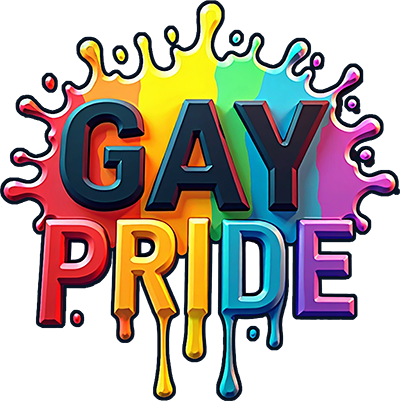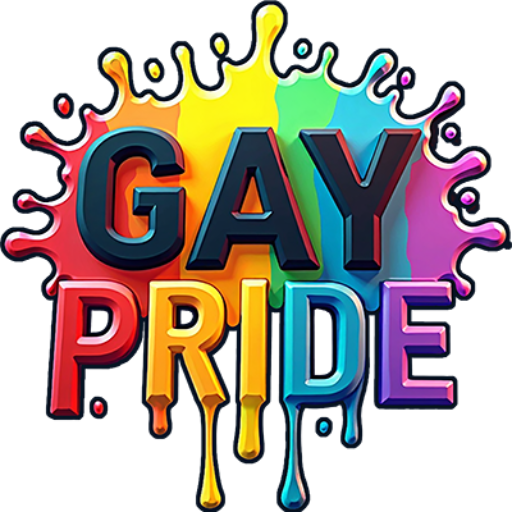How to Find Community Support in a Discriminatory World
In today’s world, discrimination remains a pervasive issue that affects millions of people globally. Whether it is based on race, gender, sexual orientation, or other factors, discrimination can lead to feelings of isolation and exclusion. However, finding community support in a discriminatory world can be a powerful way to counteract these negative effects and foster a sense of belonging and resilience. In this blog post, we’ll explore how to find and build community support in a discriminatory world.
Understanding the Importance of Community Support
Community support plays a crucial role in helping individuals navigate the challenges posed by discrimination. According to a study conducted by the American Psychological Association, social support is linked to better health outcomes, increased resilience, and improved mental well-being. By connecting with supportive networks, individuals can find validation, share experiences, and access resources that empower them to overcome adversity.
Statistics on Discrimination and Its Impact
Understanding the prevalence and impact of discrimination can highlight the need for community support. According to a Pew Research Center survey, approximately 50% of Americans view racism as a major issue in society. Furthermore, the Human Rights Campaign reports that members of the LGBTQ+ community face higher rates of bullying and harassment. These statistics underscore the importance of finding supportive communities to combat discrimination’s impact.
Identifying Supportive Communities
Finding the right community can be transformative, offering a sense of belonging and understanding. Here are some strategies to help you identify and connect with supportive communities:
1. Leverage Online Platforms
In the digital age, online platforms have become vital resources for connecting with like-minded individuals. Websites like Reddit and Facebook host numerous groups dedicated to providing support and resources for various marginalized communities. Joining these groups can help you connect with others who share similar experiences and challenges.
2. Attend Local Events and Workshops
Attending local events and workshops is a great way to meet people who can offer support and understanding. Many organizations host events focused on specific issues, such as racial justice or LGBTQ+ rights. Participating in these gatherings can help you build connections and find allies in your local community.
3. Seek Out Support Groups
Support groups provide a safe and confidential space for individuals to share their experiences and receive encouragement. Organizations like the NAACP and The Trevor Project offer support groups tailored to specific communities. These groups can be an invaluable resource for finding understanding and empathy.
Building Resilience in the Face of Discrimination
While finding community support is crucial, it’s equally important to develop personal resilience. Here are some tips to help you build resilience in a discriminatory world:
1. Practice Self-Compassion
Self-compassion involves treating yourself with kindness and understanding, particularly during challenging times. According to Dr. Kristin Neff, a leading researcher in self-compassion, this practice can reduce stress and increase emotional resilience. By being gentle with yourself, you can better cope with the effects of discrimination.
2. Educate Yourself and Others
Education is a powerful tool for combating discrimination. By educating yourself about the history and impact of discrimination, you can become a more effective advocate for change. Sharing this knowledge with others can also help raise awareness and promote understanding within your community.
3. Engage in Activism
Activism provides an opportunity to stand up against discrimination and create positive change. Whether through protests, petitions, or community organizing, engaging in activism can empower you to make a difference. By joining forces with others who share your values, you can amplify your voice and advocate for a more inclusive society.
Conclusion: Creating a Supportive Network
In a world where discrimination continues to impact many lives, finding community support in a discriminatory world is essential for fostering resilience and well-being. By leveraging online platforms, attending local events, and seeking out support groups, you can connect with individuals who understand and empathize with your experiences. Additionally, building personal resilience through self-compassion, education, and activism can help you navigate the challenges posed by discrimination.
Ultimately, creating a supportive network requires effort and persistence. However, the benefits of finding community support in a discriminatory world are immeasurable. By surrounding yourself with understanding and supportive individuals, you can build a sense of belonging and empowerment that helps you thrive in a discriminatory world.
For more information or if you have any questions, feel free to Contact Us.

